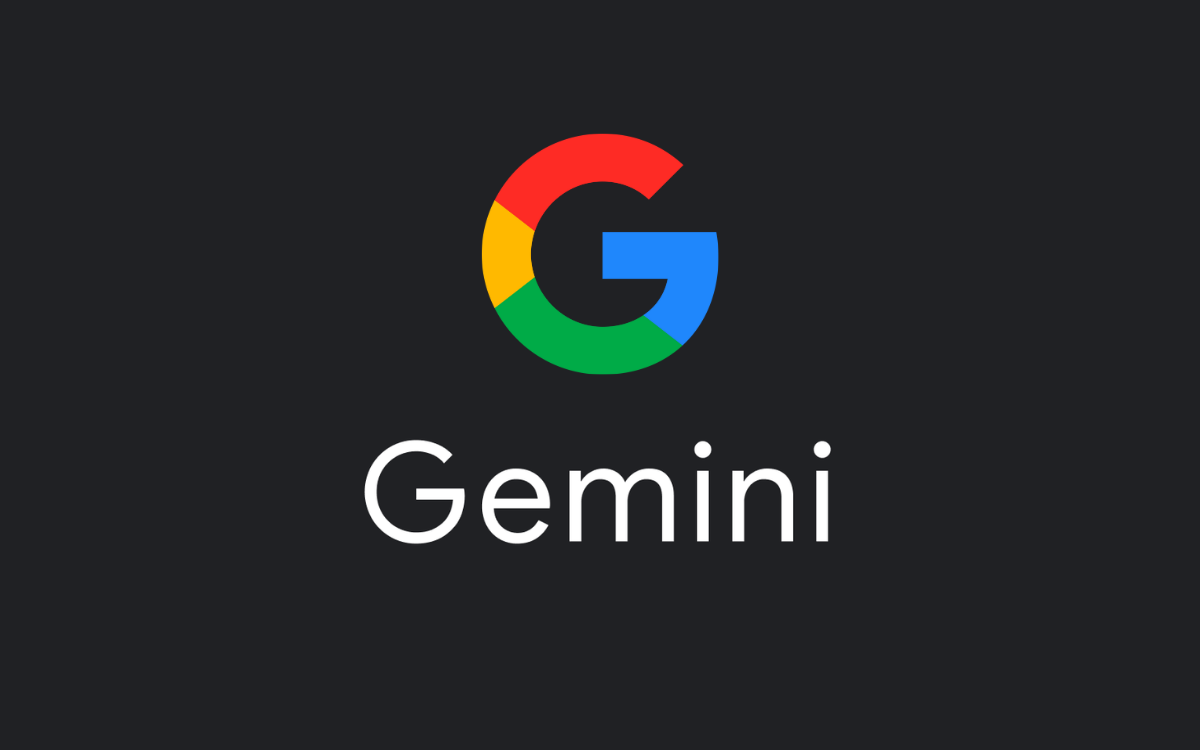LeoGlossary: Google Gemini
0 comments

Google Gemini is a family of multimodal large language models developed by Google DeepMind, touted as their most advanced AI model yet. It was announced in December 2023 and is considered a potential competitor to OpenAI's GPT-4. Let's break down its key features:
What it is:
- A group of three language models: Gemini Ultra, Pro, and Nano.
- Each model has varying capabilities and scales to suit different needs:
- Gemini Ultra: The most powerful and capable, aiming for highly complex tasks.
- Gemini Pro: Best for a broader range of tasks and scalability.
- Gemini Nano: Most efficient, designed for on-device applications.
- Multimodal: Able to understand and generate different types of information, including text, code, audio, image, and video. This sets it apart from some previous models primarily focused on text.
What Can Gemini Do?
Text-based tasks:
- Generation: Can create different creative text formats like poems, code, scripts, emails, etc.
- Summarization: Can summarize content from various data sources, both text and multimodal.
- Translation: Can translate languages across modalities, not just text.
- Reasoning and problem-solving: Can apply knowledge and logic to solve tasks like coding or answering complex questions.
Multimodal understanding and generation:
- Can process and understand video clip frames to answer questions and generate descriptions.
- Can understand, explain and generate high-quality code in various programming languages.
- This multimodal ability allows it to combine different types of information for its outputs, leading to richer and more comprehensive results.
Potential applications:
- Software development: Assisting with coding tasks, improving efficiency and accuracy.
- Scientific research: Analyzing large datasets and identifying key information.
- Education: Personalizing learning experiences and providing adaptive learning materials.
- Customer service: Building intelligent chatbots that understand and respond to complex inquiries.
- Creative content generation: Generating ideas for stories, poems, or other creative formats.
Difference Between Gemini And ChatGPT
Google Gemini and OpenAi ChatGPT are both powerful language models, but they have some key differences:
Focus:
- Gemini: Emphasizes multimodality, able to handle and generate text, images, audio, and even video. This opens up possibilities for richer interactions and outputs.
- ChatGPT: Primarily focuses on text generation and conversation, excelling in creative writing, translation, and engaging in open-ended, informative dialogue.
Capabilities:
- Gemini: Demonstrates advanced reasoning and problem-solving abilities, particularly in scientific and mathematical domains. It's even shown capability in tasks like code generation and understanding.
- ChatGPT: Known for its creative language generation and engaging human-like conversations. It can generate various text formats and translate languages, but doesn't currently handle other modalities like audio or video.
Training and data:
- Gemini: Trained on a massive dataset of text, code, and other sources, including real-time data for up-to-date knowledge. This allows it to stay relevant and incorporate new information quickly.
- ChatGPT: Trained on a massive dataset of text primarily up to a certain cut-off date. This limits its current event knowledge and requires retraining for updates.
Accessibility:
- Gemini: Still under development and not yet publicly available. Its advanced capabilities are targeted towards specialized use cases and research.
- ChatGPT: OpenAI offers several API tiers for access, making it more readily available for developers and businesses to experiment with.
Here's a table summarizing the key differences:
| Feature | Google Gemini | OpenAI ChatGPT |
|---|---|---|
| Focus | Multimodal (text, image, audio, video) | Text-based |
| Capabilities | Reasoning, problem-solving, code generation | Creative writing, translation, conversation |
| Training data | Massive, real-time updated | Massive, static |
| Accessibility | Under development, limited access | More readily available through API |
Ultimately, the "better" model depends on your specific needs and priorities. If you require multimodality, advanced reasoning, and cutting-edge research capabilities, Gemini might be the better choice. For creative writing, engaging conversations, and text-based applications, ChatGPT could be a good fit.
General:
Posted Using InLeo Alpha
Comments